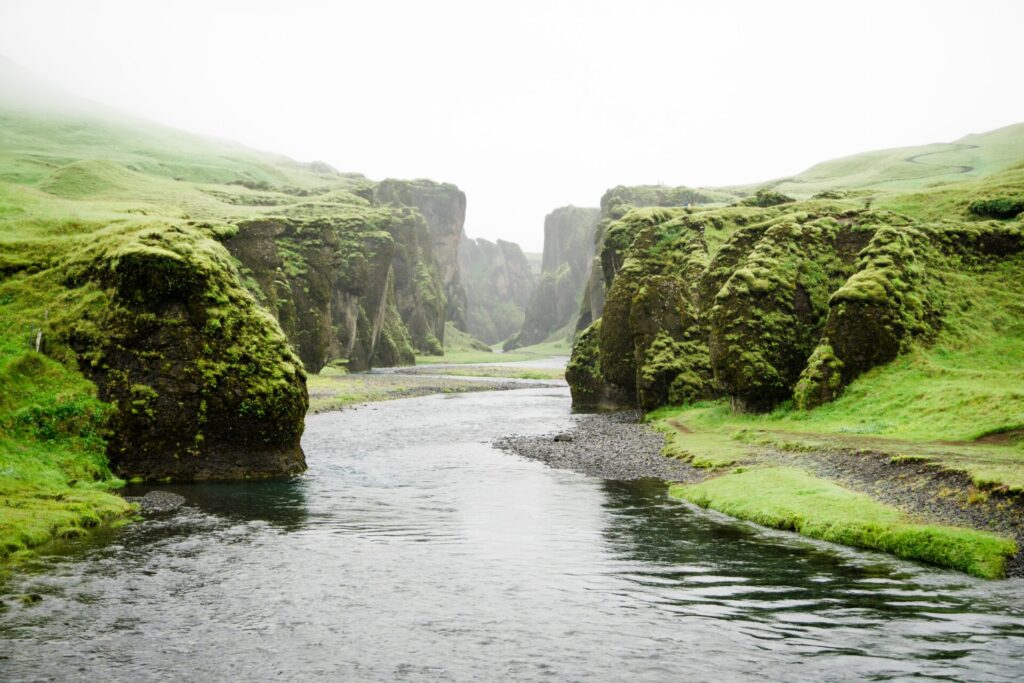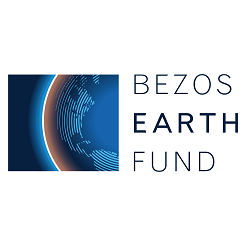Deploying AI to drive equitable policy analyses for Nature4Climate
Overview
Nature4Climate, a coalition of the world’s leading environmental NGOs, pours its efforts into developing more nature-based solutions to world challenges. Nature4Climate wanted to build a global database of nature policies and their corresponding results. Long-term, they envision a digital environmental policy portal. Arboretica, in partnership with Metabolic and Open Earth Foundation, suggested using its environmental policy expertise as well as its technical artificial intelligence (AI) skills to create a more comprehensive database, faster.
The Challenge

Since the Paris Agreement in 2015, countries around the world have been taking action to mitigate climate change. They have been putting in place policies that cover topics such as coastal restoration, deforestation, and conservation. Some policies, enacted a few years ago, are now showing promising outcomes.
Nature4Climate seeks to direct more investment and generate more legislative action towards nature-based policy solutions. To support these efforts, Nature4Climate wanted a comprehensive, global database of nature policies and their outcomes. They also aspired to evaluate each policy based on a set of predetermined criteria.
Nature4Climate turned to Arboretica to ensure a broad swath of countries and policies would be included in the database. The coalition tasked Arboretica with creating the database by:
- Collecting as many nature-related policies as possible;
- Conducting an initial automated evaluation based on a set of predetermined criteria; and
- Structuring the database for future expansion.
The Solution

Innovation Drives Diverse Representation
The dominant approach to policy tracking focuses on monitoring government websites. Since few countries in the Global South have updated English-language government websites, the resulting policy trackers typically have a greater emphasis on the Global North.
Arboretica used its AI and environmental policy expertise to develop a database with broad global representation. Arboretica’s data collection approach was innovative. In addition to scraping government websites, Arboretica’s algorithms pored through public data for mentions of nature policies. (Sources included news articles, reports, commentaries, and more.) Cross-checking public data against government websites led to a much broader range of countries represented in the database.

Algorithmic Implementation with Manual Validation
Step 1: Define Search Terms and Keywords (Manual)
Together with Nature4Climate, Arboretica created a list of search terms and keywords using target policy topics.
Step 2: Data Source Collection (Algorithmic)
Using the list of search terms and keywords, Arboretica’s algorithms automatically sourced and collected relevant content from government websites and other public data sources.
Step 3: Policy Extraction (Algorithmic)
Arboretica’s algorithms automatically extracted the environmental policies and related content from the initial sources.
Step 4: Iteration with Manual Validation (Manual)
Arboretica’s team of AI and environmental experts reviewed the results manually. They gave the algorithm feedback to improve the accuracy of that stage of the database development. This combination of manual and algorithmic work is the foundation of the algorithm’s long-term success.
Step 5: Policy Qualification (Algorithmic)
Arboretica’s algorithms conducted the initial qualification of the policies by identifying policy titles and publication dates, and by categorizing policies by topics. The algorithms also evaluated each policy against each of Nature4Climate’s six criteria:
- Budget: Does the policy have a clearly allocated budget
- IPLC (Indigenous Peoples and Local Communities) Knowledge: Does the policy include IPLC in its establishment and maintenance
- Avoidance Prioritization: Does the policy prioritize avoiding the destruction of intact ecosystems
- Inclusivity: Does the policy include whole-of-society involvement
- Monitoring & Reporting: Does the policy include a monitoring plan and key performance indicators
- Landscape-Level Intervention: Does the policy emphasize landscape-level interventions considering different spatial scales?
The Results

Arboretica’s approach led to a more broad-reaching and equitable representation of countries and policies. The Nature-Based Solutions Policy Tracker (now available on Nature4Climate’s website), a database of 220 policies across 80 countries, was created in two months.
Nature4Climate can now better fulfill its mission: it can more effectively advocate for legislative nature-based solutions by connecting policies with real-world outcomes and emission reductions.
This project was a landmark and received high-profile recognition:
- It was presented at COP 26, the world’s biggest climate conference. (The session during which the tracker was presented is recorded here. It starts at 1:05:50.)
- It was written up in Forbes. Author Felicia Jackson emphasized the algorithmic innovations of the work, explaining, “The Nature-Based Solutions Policy Tracker… will be the first project to use AI and machine learning to analyze the market in this way.”
The Nature-Based Solutions Policy Tracker will be updated each year to include more countries, policies, and languages beyond English. In 2022, we added French and will be working on more languages in the coming years. (Read more about the 2022 updated tracker on Nature4Climate’s website.)
The algorithm that we built can be reused, allowing us to do less work each year. When expanding the tracker’s scope in 2022, we experienced a 40% decrease in time spent.
Our Partners
Does your organization need to track policies? If so, contact us to see how we can help.






